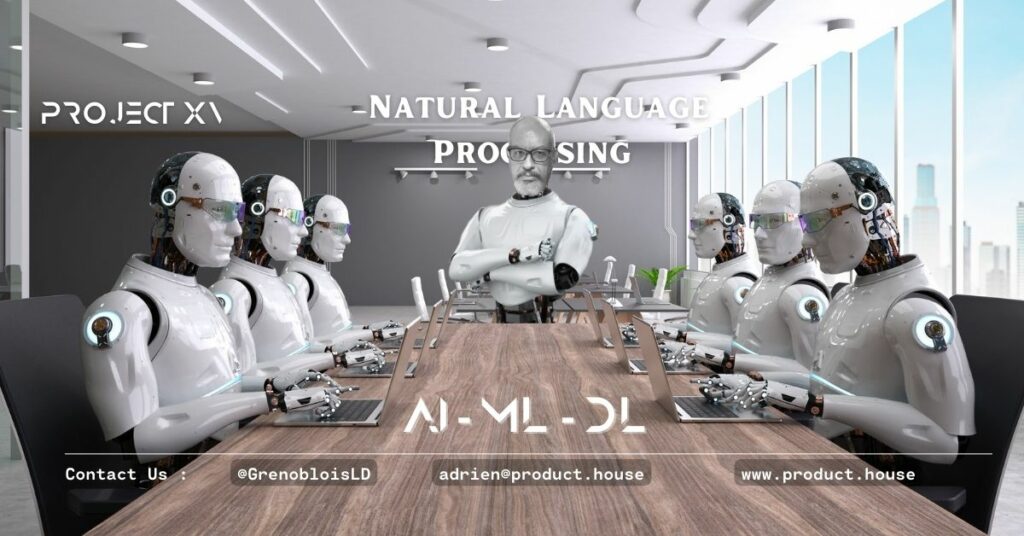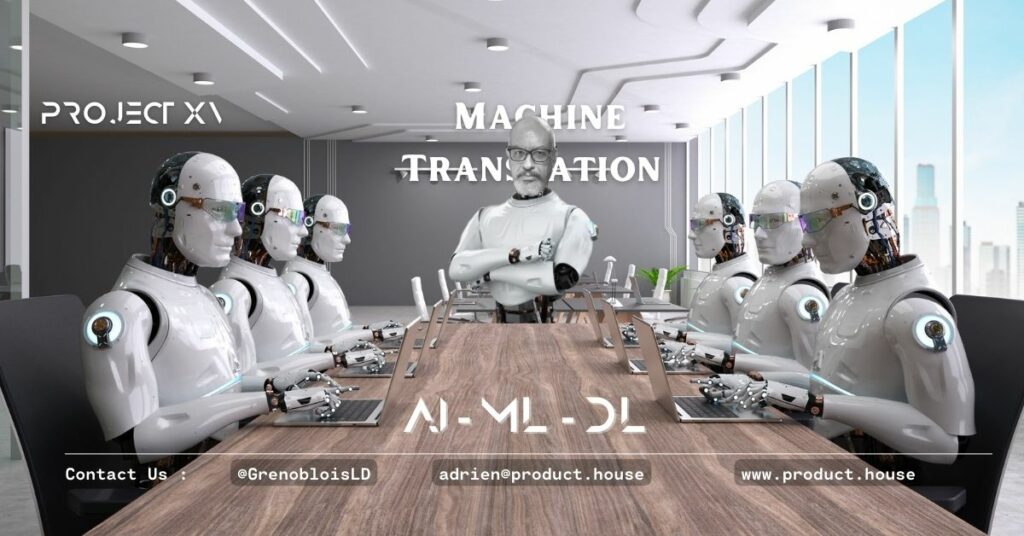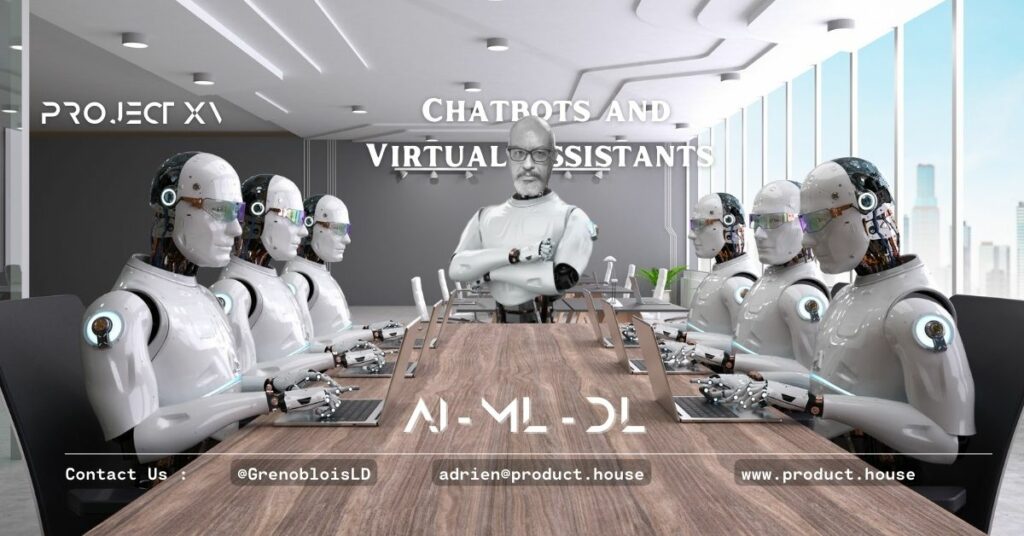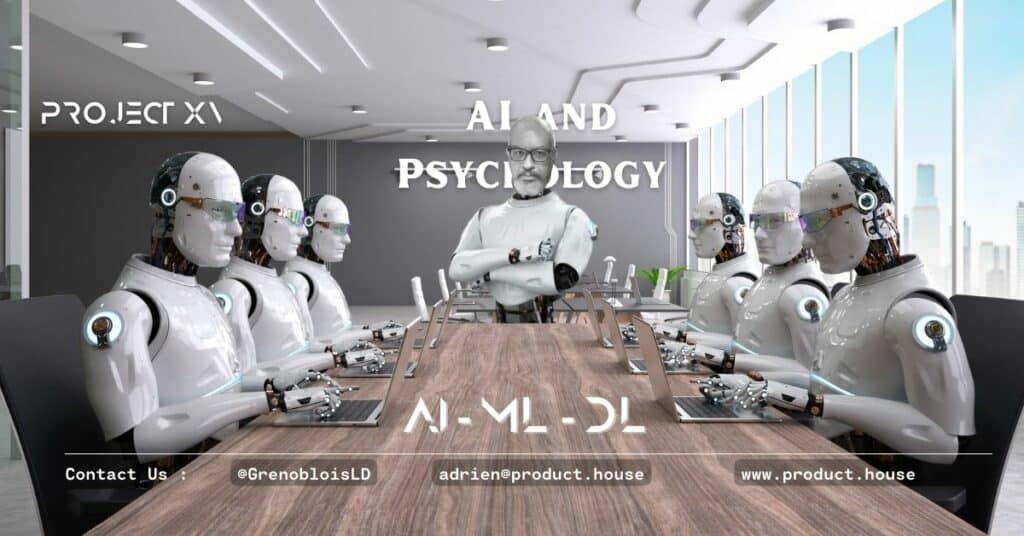AI: What It Is and Why It Matters
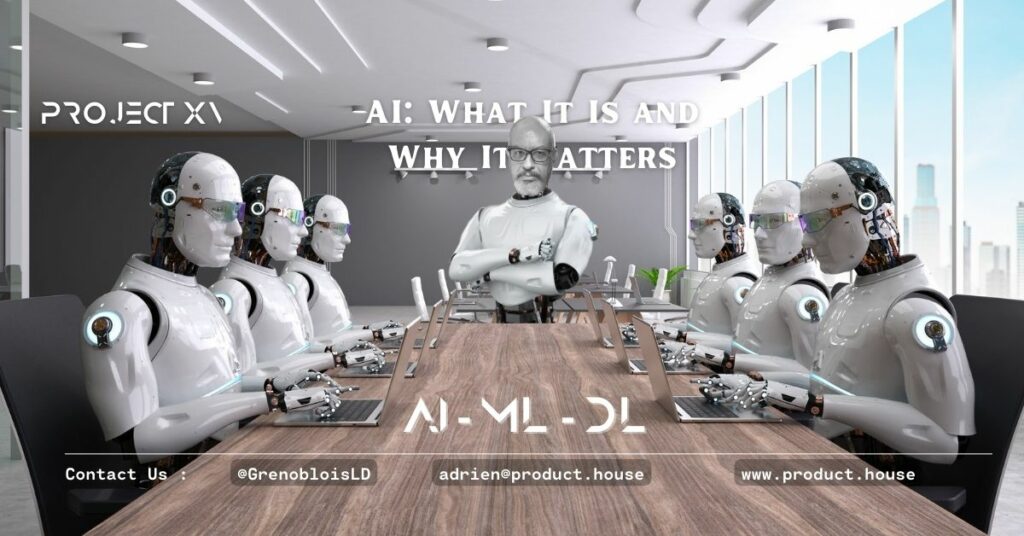
Introduction to AI
Artificial Intelligence, or AI, has become an increasingly important topic in today’s world. From self-driving cars to chatbots, AI is changing the way we live, work, and interact with each other. But what exactly is AI, and how did it come to be?
Definition of AI
At its core, AI is the development of computer systems that can perform tasks that would typically require human intelligence to complete. These tasks may include speech recognition, decision making, problem-solving, and language translation. AI systems can also learn from experience and improve their performance over time, making them increasingly valuable for a wide range of applications.
Brief history of AI
The concept of AI has been around for centuries, with early examples dating back to ancient Greece and the idea of automata, or self-operating machines. However, it wasn’t until the 1950s that the field of AI began to take shape. In 1956, a group of computer scientists and mathematicians convened for the Dartmouth Conference, where they coined the term “artificial intelligence” and laid the groundwork for the field’s development.
Over the next several decades, AI researchers made significant progress in developing systems that could perform basic tasks such as playing chess or solving mathematical equations. However, these early systems were limited in their abilities and lacked the flexibility to adapt to new situations.
Current state of AI
Today, AI has made remarkable strides in its development. With the advent of big data, cloud computing, and advanced algorithms, AI systems are now capable of performing complex tasks that were once thought to be impossible. For example, AI-powered image recognition systems can now identify objects in pictures with incredible accuracy, while natural language processing (NLP) systems can understand and respond to human language.
Exciting applications of AI
The potential applications of AI are vast and varied, with new uses being developed all the time. In the healthcare industry, AI is being used to analyze medical data and identify potential treatments for diseases. In the finance industry, AI is being used to detect fraud and make investment decisions. And in the automotive industry, AI is being used to develop self-driving cars that can navigate roads safely and efficiently.
Future of AI
As AI continues to evolve and improve, its potential to transform our lives is only becoming more apparent. With the development of advanced AI systems, we may be able to solve some of the world’s most pressing problems, from climate change to global health. However, as AI becomes more integrated into our lives, it also raises important ethical and societal questions that must be addressed.
AI is a fascinating and rapidly evolving field that has the potential to shape our world in countless ways. As we continue to develop and refine AI systems, it will be exciting to see what new possibilities emerge.



